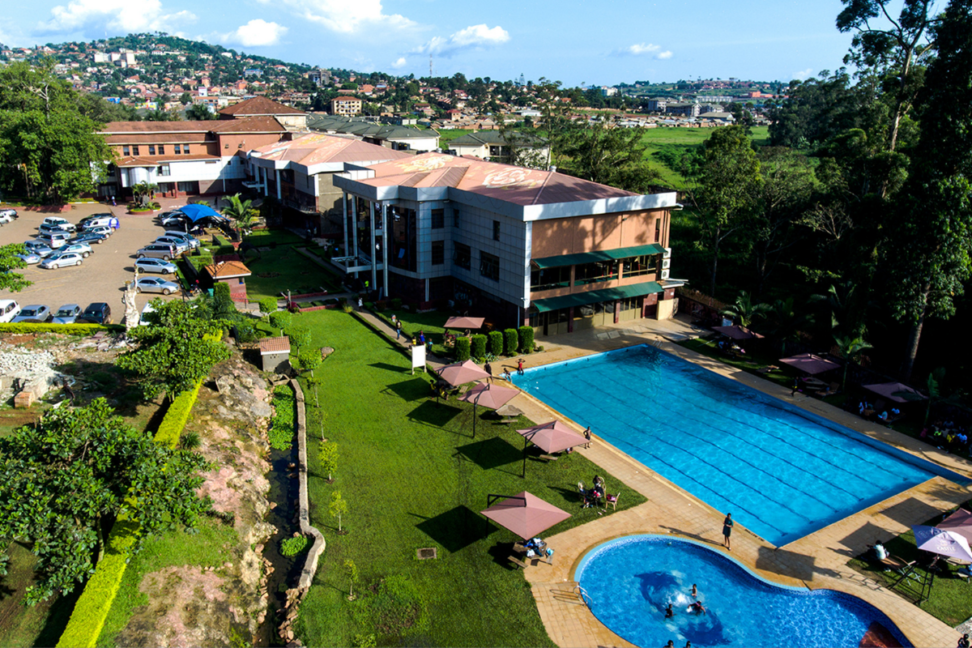Unlocking Educational Opportunities in Tanzania: Education is the cornerstone of any nation’s development, and Tanzania is no exception. Over the years, Tanzania has made significant strides in improving its education system, providing greater access to quality learning opportunities for its citizens.
Whether you’re a parent, student, or educator, understanding the current landscape of educational opportunities in Tanzania is crucial for making informed decisions about the future.
In this blog post, we’ll explore the key educational opportunities available in Tanzania, how they are shaping the future, and what you need to know to navigate them effectively.

Unlocking Educational Opportunities in Tanzania
1. Understanding Tanzania’s Education System
Tanzania’s education system is divided into several levels, each with its own set of opportunities and challenges. The system follows a 2-7-4-2-3 structure, which includes:
- Pre-Primary Education: For children aged 5 to 6, this stage prepares them for formal schooling.
- Primary Education: Lasts for seven years and is free and compulsory for all children.
- Secondary Education: Divided into ordinary level (O-level) and advanced level (A-level) education.
- Tertiary Education: Includes universities, technical colleges, and vocational training institutions.
This structure provides a strong foundation for students to pursue further education, training, or enter the workforce. However, despite improvements, challenges such as overcrowded classrooms, limited resources, and disparities between urban and rural areas still exist.
2. Primary and Secondary Education: The Foundation for Success
The foundation of Tanzania’s education system lies in primary and secondary education. Primary education is free and compulsory, ensuring that all children, regardless of their background, have access to basic education. However, secondary education, though highly encouraged, is not free, and many students face financial barriers.
In recent years, Tanzania has made efforts to expand secondary education through the construction of new schools and the introduction of a more diverse curriculum. Students can now choose from a variety of subjects, including sciences, arts, and vocational courses, to prepare them for further education or the workforce.
Moreover, the government has implemented policies aimed at improving the quality of education in secondary schools, such as teacher training programs, new textbooks, and improved infrastructure. These efforts have contributed to a steady increase in enrollment rates, particularly in urban areas.
3. Vocational Education and Training (VET): A Gateway to Employment
One of the most significant educational opportunities in Tanzania is vocational education and training (VET). VET provides students with practical skills that are directly applicable in the workforce. This system is designed to bridge the gap between education and employment, ensuring that students are equipped with the skills needed in industries such as construction, agriculture, healthcare, and information technology.
The Tanzanian government has made considerable investments in VET, recognizing its importance in addressing youth unemployment. Vocational training institutions, such as the National Vocational Training Centre (NVTC) and various private training providers, offer a wide range of courses that are aligned with the needs of the job market.
In addition, partnerships with the private sector have helped improve the quality of vocational education, ensuring that students are receiving training that meets industry standards. As a result, VET graduates are increasingly sought after by employers, making it an attractive educational path for many students.
4. Higher Education: Universities and Colleges Leading the Way
Tanzania is home to several reputable universities and higher education institutions that offer a wide range of undergraduate and postgraduate programs. Some of the top institutions include:
- University of Dar es Salaam (UDSM): The oldest and most prestigious university in Tanzania, offering programs in arts, sciences, business, law, and engineering.
- St. Augustine University of Tanzania (SAUT): A leading private university known for its high academic standards and strong community focus.
- Open University of Tanzania (OUT): A distance learning institution that provides flexible learning opportunities for students across the country.
- Tanzania Institute of Accountancy (TIA): A specialized institution offering programs in accounting, finance, and business management.
These institutions play a vital role in producing highly skilled professionals who contribute to the country’s economic growth and development. In recent years, there has been a significant increase in the number of Tanzanian students pursuing higher education, both within the country and abroad.
However, the cost of higher education remains a challenge for many families. Scholarships, loans, and government funding programs are available to help students access these opportunities, but competition for these resources can be fierce. Students are encouraged to explore all available financial aid options to ensure they can pursue their desired course of study.
5. Scholarships and Financial Aid: Making Education Accessible
Access to education in Tanzania is not just about enrollment; it’s also about affordability. To address this, the Tanzanian government, as well as various private organizations, offer scholarships and financial aid to students at all levels of education.
The Higher Education Students’ Loans Board (HESLB) provides loans to Tanzanian students pursuing higher education, which helps ease the financial burden of tuition fees. Additionally, several international organizations, such as the United Nations and World Bank, offer scholarships for Tanzanian students to study abroad.
Private institutions and NGOs also offer scholarships, often targeting students from disadvantaged backgrounds or those pursuing specific fields of study. Students are encouraged to research scholarship opportunities early to secure funding for their education.
6. Online Learning: A Growing Trend in Tanzania
With the rise of digital technology, online learning has become an increasingly popular option for students in Tanzania. The COVID-19 pandemic accelerated the adoption of online learning, and many institutions now offer online programs that allow students to study at their own pace, from anywhere in the country.
Online learning platforms such as Udemy, Coursera, and edX provide Tanzanian students with access to high-quality courses from international institutions, often at a fraction of the cost of traditional education. Additionally, local institutions have embraced e-learning, offering virtual classrooms and resources to enhance the learning experience.
For students in remote areas, online education has the potential to revolutionize access to quality learning, breaking down geographical barriers and providing opportunities for those who may not have access to traditional brick-and-mortar schools.
7. Challenges and Opportunities Ahead
While Tanzania has made significant progress in improving educational opportunities, there are still challenges to overcome. These include:
- Quality of Education: Despite efforts to improve, the quality of education in some schools remains inconsistent, particularly in rural areas.
- Gender Disparities: Although progress has been made, girls still face more barriers to education than boys, particularly in rural regions.
- Infrastructure: Many schools, especially in remote areas, lack proper facilities, such as classrooms, sanitation, and teaching materials.
However, these challenges also present opportunities for growth. The government, in collaboration with local and international partners, continues to invest in education, with a focus on improving infrastructure, training teachers, and addressing gender disparities.
Conclusion: Embracing the Future of Education in Tanzania
Unlocking educational opportunities in Tanzania is key to shaping the future of the nation. From primary education to vocational training, higher education, and online learning, there are numerous pathways for students to pursue their dreams and contribute to Tanzania’s development.
With continued investment in education, a focus on inclusivity, and the expansion of digital learning, Tanzania is well on its way to creating a brighter future for its young people.
For students, parents, and educators, staying informed about the available opportunities and resources is essential to making the most of what Tanzania’s education system has to offer.
By embracing these opportunities, Tanzanians can unlock their full potential and play a pivotal role in the nation’s continued growth and prosperity.
Related articles


